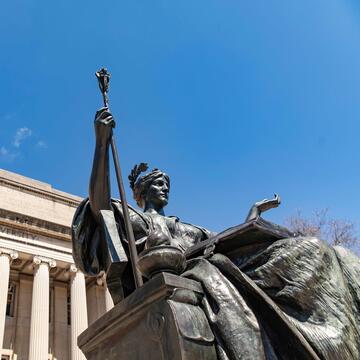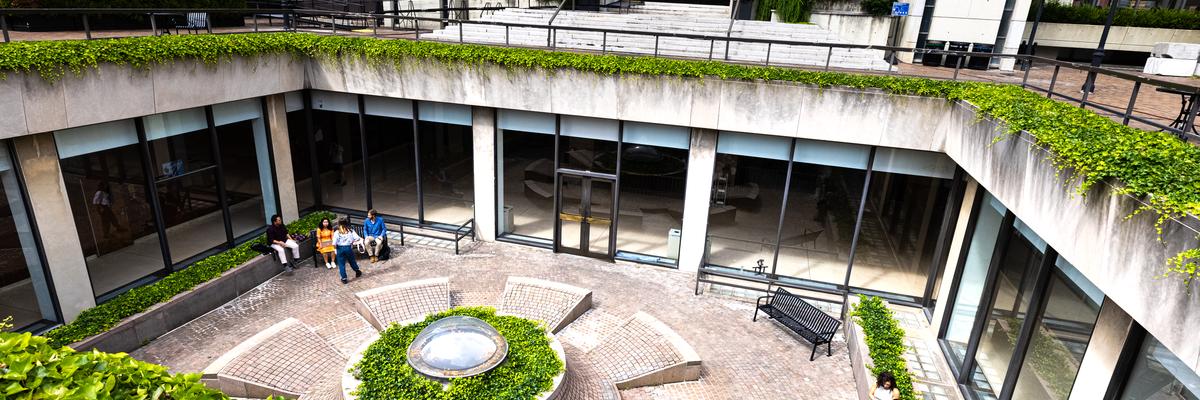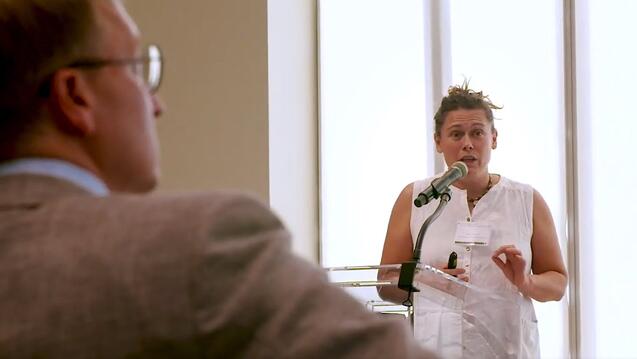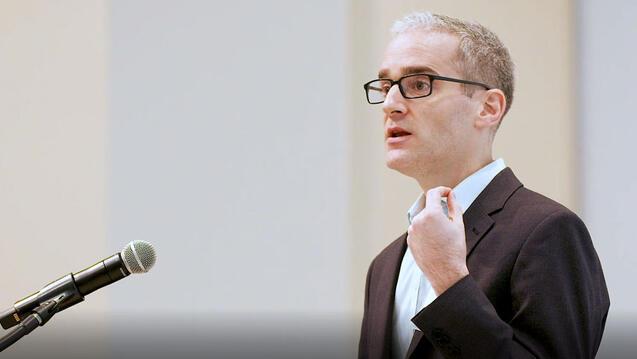
PhD In Sustainable Development
PhD In Sustainable Development
Application Deadlines
Final Application: December 15, 2023
The 2024 application will open in September.
Program Length
6 Years
Degree Awarded
PhD
The sustainability of development presents some of the most important policy challenges concerning the future of our planet, and it requires an interdisciplinary approach involving the social, natural, engineering, and health sciences. The PhD in Sustainable Development includes a set of rigorous core requirements in the social and natural sciences designed to provide a deep understanding of the interaction between natural and social systems, and provides students with the flexibility to pursue in-depth research in a broad variety of critical policy areas. No other doctoral program produces graduates with the unique combination of diverse skills and deep insight into the most challenging problems of future human welfare. Together with experts and faculty at Columbia, you’ll conduct research in a wide variety of areas, including climate change and its social consequences, causes and solutions to extreme poverty, energy systems, agricultural transitions, water resources, and more.
Director Perspective
“We demand that our students are experts in physical systems and social systems... something that is not done anywhere else.”
– John Mutter, Director

Who It's For
The PhD program in Sustainable Development is for those looking to pursue rigorous scholarship and research at the boundary between social and natural sciences. Students should have an interest in pursuing academic careers in interdisciplinary graduate and undergraduate programs with a focus on policy and the environment as well as in the more traditional social science disciplines. This degree is also ideal for students interested in a variety of non-academic career paths, including leadership roles in government ministries throughout the world, creating environmental and sustainable development policy for NGOs, in international institutions such as the IMF and the World Bank, or in private firms engaged in environmental and development projects.
Career Paths
Students have their choice of academic positions as tenure-track professors or post-doctoral fellows, as well as high-level positions in non-academic fields, such as the private or NGO sector, government, or finance.
Curriculum
Students in the first two years of the program generally take a total of 60 credits in the areas of sustainable development, economics, qualitative analysis, natural sciences, and social science. This is followed by the planning and execution of research. In the third and fourth years, students may take electives as needed for ongoing research and preparation for the oral exam. The fifth year is highlighted by the dissertation defense. Learn more »
Program Information
-
Students must complete the following as part of this program.
- At least 60 overall credits
- Completion of an MA thesis
- Completion of a dissertation prospectus and oral examination for the MPhil
- Six semesters of teaching or research fellowships assignments
- Defense of dissertation
Given that a large part of the program’s curriculum is dedicated to a unique set of required core courses, credit for previous work is very rarely granted. However, credit for previous graduate work done elsewhere, at a GPA of 3.5 or higher, may be granted on a case-by-case basis and at the discretion of the program directors after a student has been admitted to the program, and cannot exceed a total of 30 credits.
-
Admission to the PhD program is processed by the Graduate School of Arts and Science (GSAS); please refer to their website for basic admission requirements.
The PhD program requires the following:
- Strong background in social science, including four courses in college-level social science with a minimum of two economics courses
- Quantitative skills, including at least two courses in college-level calculus through multivariate calculus (Calculus III in the US) and at least one college-level course in linear algebra
- Three or more college-level courses in natural science or engineering is strongly recommended.

Contact Us
John Mutter
Director, PhD in Sustainable Development
Professor of Earth and Environmental Sciences and of International and Public Affairs
+1 212-854-0716
[email protected]
Tomara Aldrich
Program Coordinator
School of International & Public Affairs
420 West 118 Street
New York, NY 10027
[email protected]





